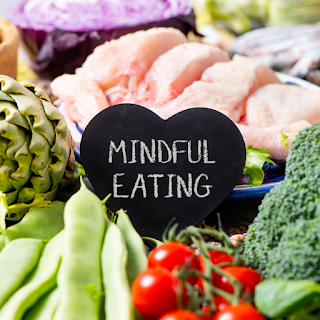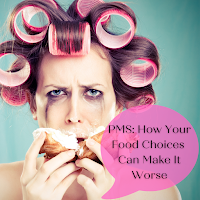4 Dieting Tips for a Healthy, Cheap Diet!
As the saying goes, "You are what you eat.".....so congrats if you live on cheeseburgers 🍔
The "diet" industry is worth billions around the world, and theres always a new plan, medication or "get slim in 4.7 milliseconds programme" out to prise the money from your pockets in hope that "This time, it will work!".....I have to roll my own eyes at this because that was me!! I was that "faddy diet", pill popping, short-cutter!!
Did it work???
Nope!
Was it expensive??
Only every single time!!
I dread to think of the actually figure *shudder
Since then, I've plugged my dieting money into education and out pops a diet and nutrition advisor diploma level 3!!
What I learnt was actually, dieting should be more focused on wellness over weight, and once you flip your perspective, it becomes really easy and CHEAPER than the latest diet craze!
One way to ensure that your diet is healthy and cheap is to choose low-calorie and low-carb foods. These include vegetables, fruits, whole grains, lean protein and dairy products. You can also eat high-quality fish, poultry, beans and eggs for less money than a faddy plan.
With these 4 tips for a healthy and cheap diet, you'll always know exactly how much food you're spending on each meal.
Know your macros
A macro is a measurement of the amount of carbohydrates, proteins and fats in a particular food. Knowing your macros helps you plan meals that are healthy and cheap. It's easier to stick with one grocery list for all three macronutrients.
To determine your daily macros, add up the number of grams of protein, carbs and fat for each day's diet. For example, if you're trying to maintain a 2,000-calorie diet, add up the numbers of calories from carbohydrates (200), proteins (400) and fats (60). Divide that number by 3 to find out how many grams of carbs you should be eating per day: 400/3 = 120 grams. Divide that number by 9 to find out how much protein you should be eating per day: 200/9 = 22 grams. Divide that number by 4 to find out how much fat you should be eating per day: 60 / 4 = 15 grams.
Learn to eat healthy for less
The first tip for a healthy and cheap diet is to learn how to eat healthy for less. This is especially important because you could actually be spending up to 50% of your food budget on fast food and junk food.
A great way to save money on your diet is by purchasing foods that don't need to be cooked in a microwave (yes i did say that!).
This includes whole grains, beans, nuts and seeds and canned goods. Buying these items in bulk can save you money as well.
You need to plug into the fact that you are eating for wellness, not weight! The minute you start to feel restricted and boxed in, you'll want to (and may do!) reach for the "stash"....over-eat the stash.....feel guilty about eating the stash.....and start all over again!
Plan out your meals
The first step in creating a cheap, healthy diet is planning out meals. It's important to know how many calories you need every day. If your daily caloric needs are 1800, then you should plan on eating three meals and two snacks a day to hit your number.
Another idea for planning is to keep breakfast, lunch and dinner the same each day. This way, you're sure not to over- or under-eat any of your main meals throughout the week.
If you want to be less hungry during the day, break up larger meals into smaller ones throughout the course of the day. For example, if you eat a large bowl of cereal for breakfast, split it into half servings throughout the morning so it doesn't seem so heavy or filling by midday.
If you need a meal plan.....use a meal plan!
If you need a subscription service to deliver everything specific?? Do that too!
Just dont waste money hand over fist on things that simply wont stick!
Stick to a budget
The first step to achieving a healthy and cheap diet is sticking to a budget.
Budgeting your food expenses allows you to focus on which foods offer the most nutrition for your health.
This will help you avoid wasting money on processed foods, which have less nutritional value than fresh fruits and vegetables.
You don't NEED chocolate, but if you WANT it, opt for dark 90% chocolate.
You don't NEED wine, but if you WANT it, grab a sprite zero and make it last longer together!
You don't NEED chips, but if you WANT them, make your own!
Your budget should get you everything your body needs to function optimally, and once you do this.....the weight is likely to drop off too!



Comments
Post a Comment